Appellate court considering Sardor Rakhmonkulov’s case
On January 30, the Almazar district court sentenced 21-year-old Sardor Rakhmonkulov to 5 years in prison for sending a religious message to his classmate on Telegram. Tashkent city court has started re-examination of the case based on the defendant’s application.
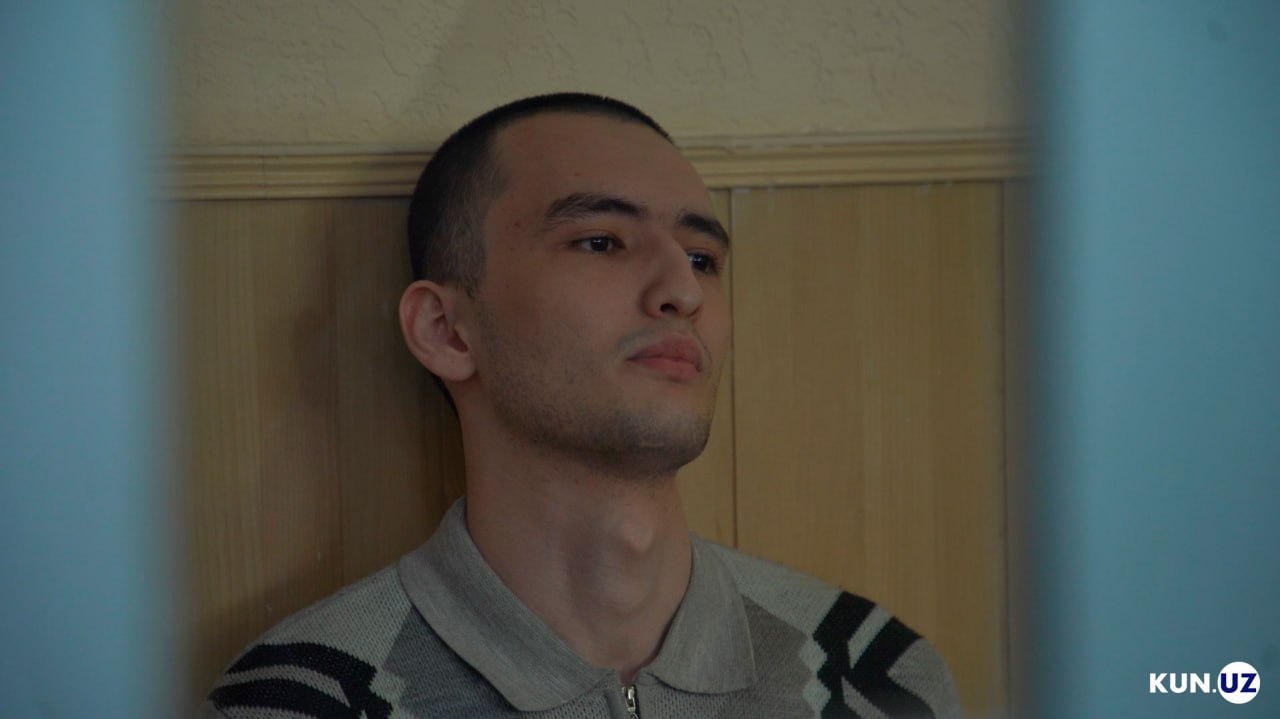
Photo: Kun.uz
The defendant’s lawyer was dissatisfied with the verdict of the court of first instance and filed an appeal. On February 23, the judicial panel of the Tashkent city court on criminal proceedings began to consider this appeal.
According to a Kun.uz correspondent, the court panel did not allow media workers to participate in the court session with their mobile devices.
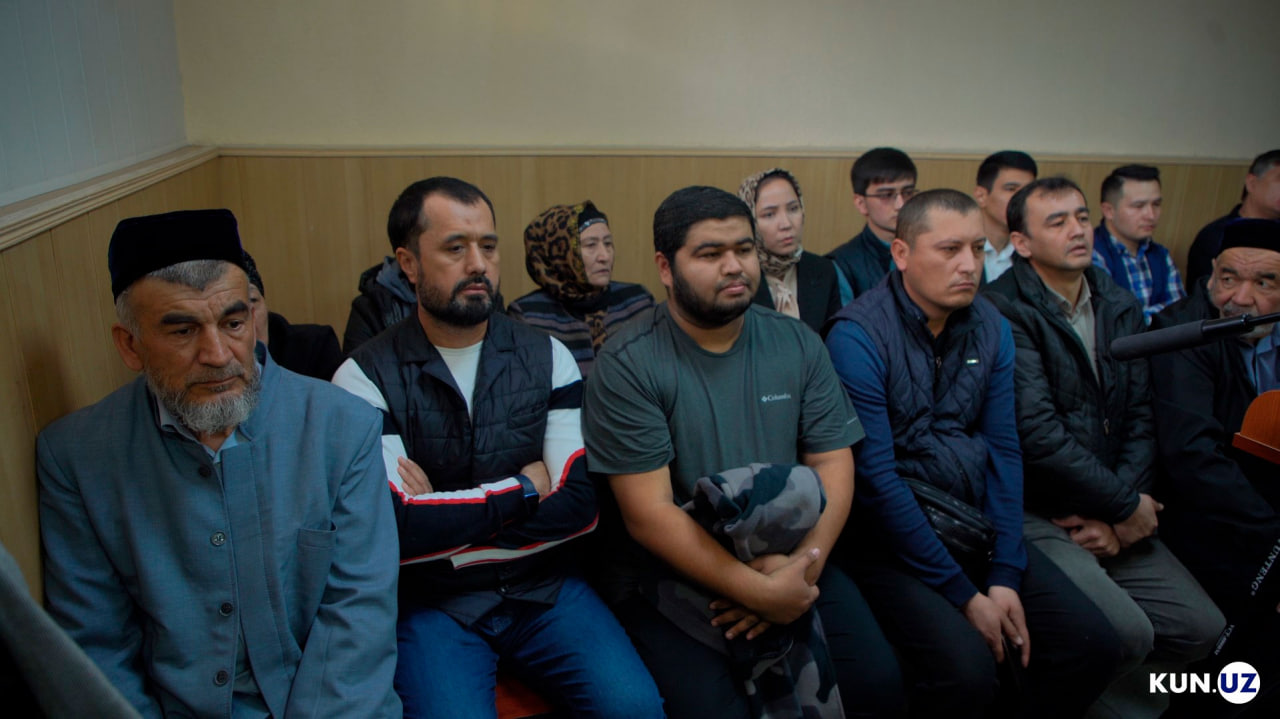
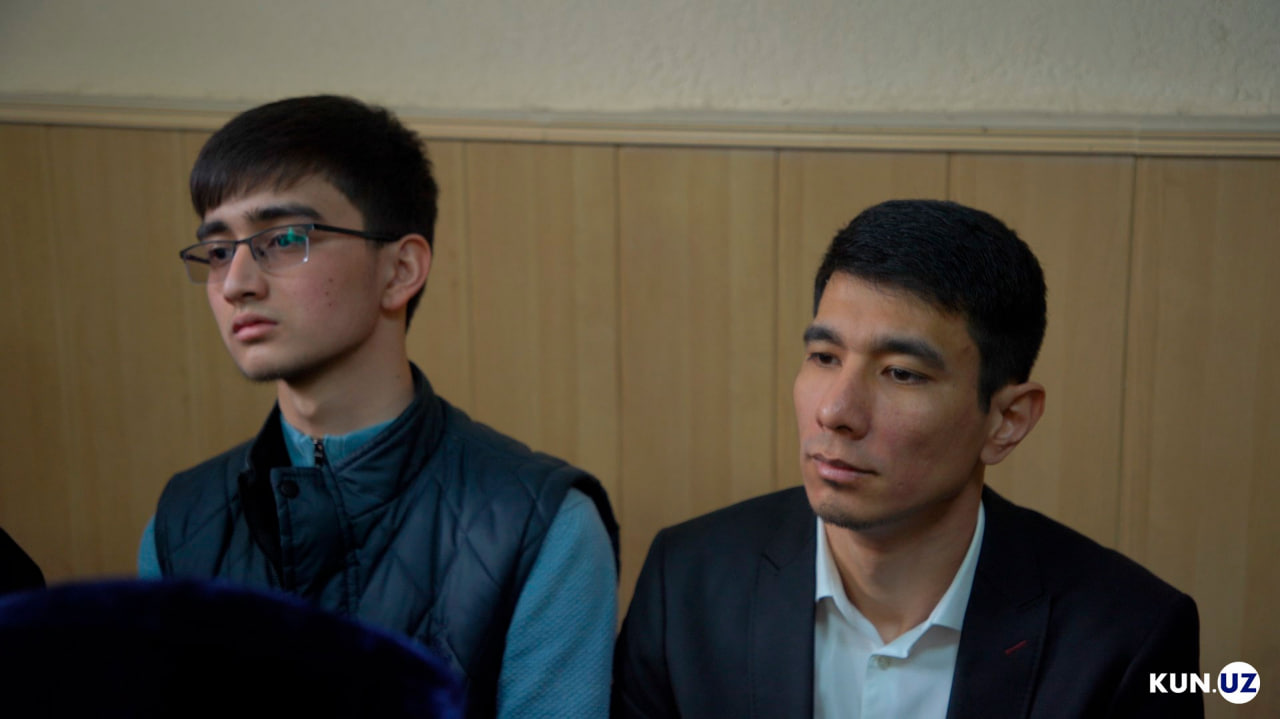
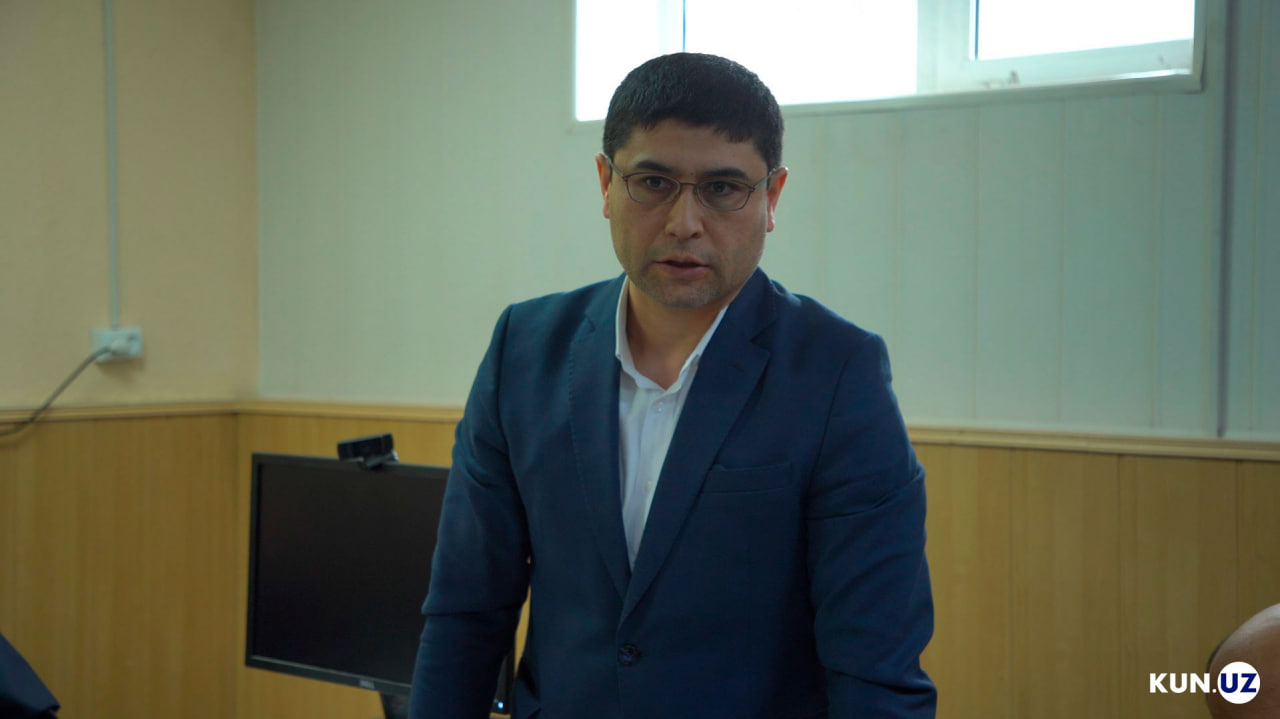
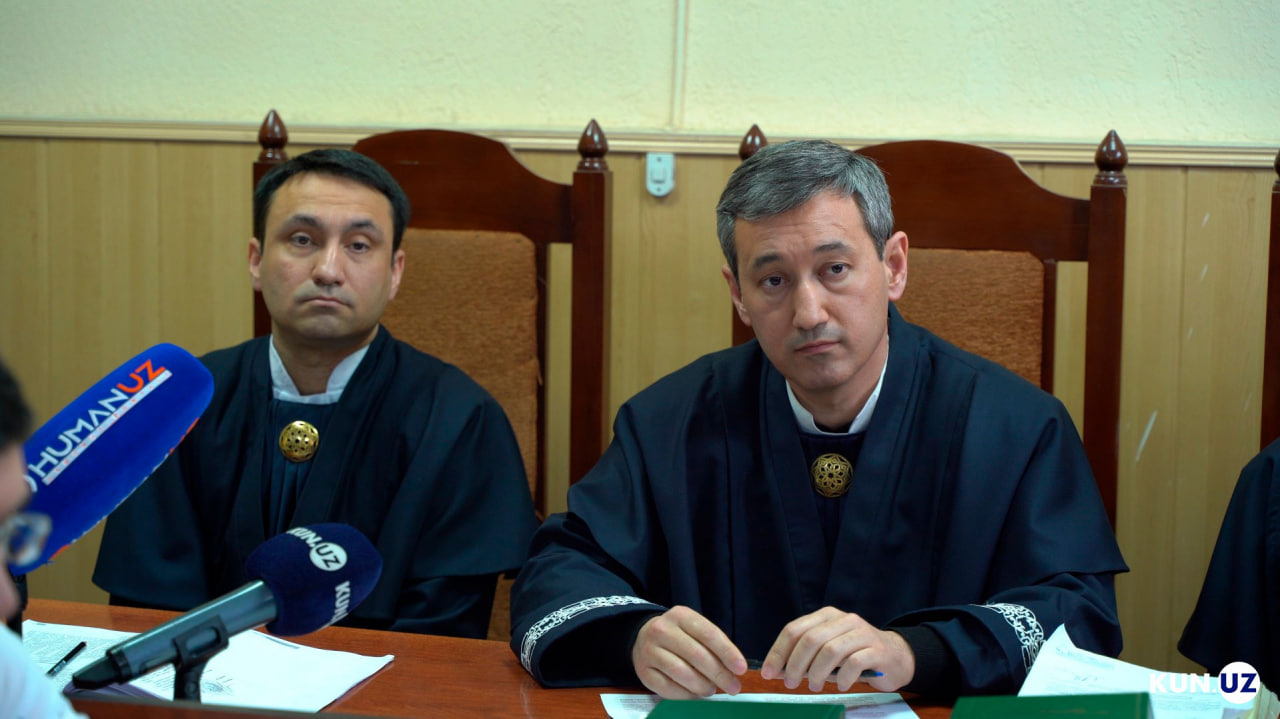
At the open court session, the defendant’s defense attorneys were initially given the floor, and they asked the court for acquittal.
“When Rakhmonkulov was kept in the pre-trial detention center, law enforcement officers came to him several times and said: “If you admit to another crime, we will make your case easier”. We stated it in the first trial. And the first court said that it will clarify it on its own initiative. But this was not clarified. The court should issue a request to those investigative detention centers and find out which body’s representatives actually entered them.
We spoke with Rakhmonkulov’s grandmother, employees of the Department for Combating Terrorism came to their house. But there is nothing in Rakhmonkulov’s action that leads to terrorism. Also, in the first trial, opinions were expressed by representatives of the school, neighborhood, and imams. However, none of them were taken into account in the court,” Sardor Rakhmonkulov’s lawyer said.
After that, the court was adjourned until March 2.
It should be recalled that on January 30, 2023, the Almazar district court of Tashkent city sentenced 21-year-old Sardor Rakhmonkulov to 5 years in prison for sending a religious message to his classmate.
According to the verdict of the court of first instance, Sardor Rakhmonkulov sent a religious song to his classmate in November 2020, which he downloaded through a Telegram bot in his mobile phone. The material was discovered on June 5, 2022, during a search of the citizen’s house by the DIA officers.
According to the conclusion of the Committee on Religious Affairs on July 18, 2022, this religious song is based on the idea of fanaticism: it is prohibited to import, prepare and distribute it in Uzbekistan.
Related News

12:15 / 10.05.2023
“The law must be changed” – Activists discuss the cases of imprisoned young men for listening or sharing a religious song

19:48 / 02.03.2023
Sardor Rakhmonkulov who was sentenced to 5-year imprisonment for a religious song released from prison

10:46 / 04.02.2023



